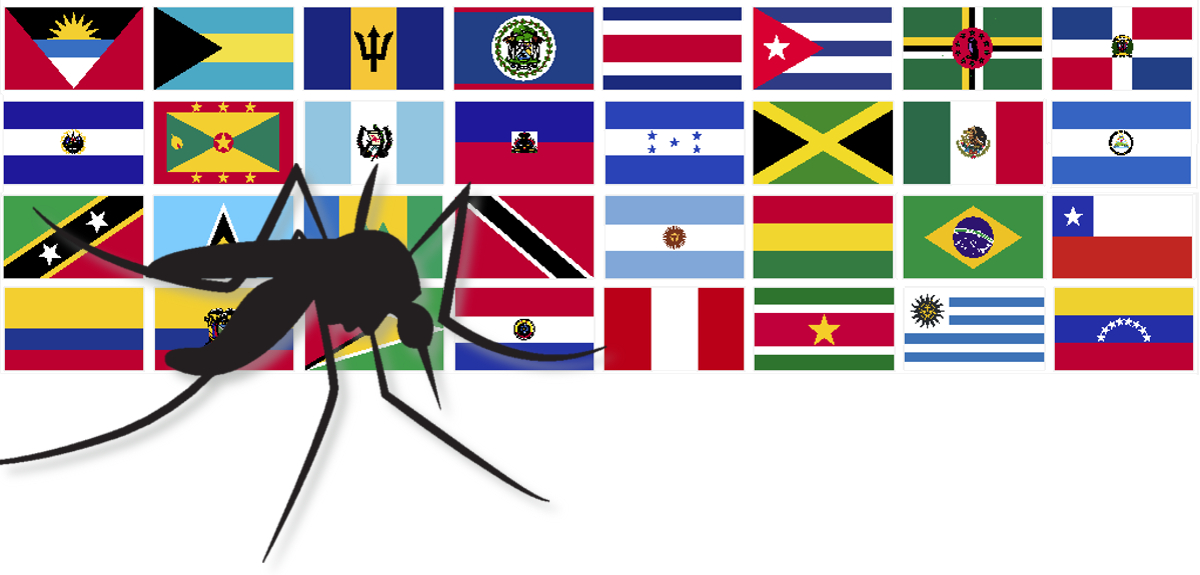Three University of Oxford teams are to begin research projects focussed on Zika after the UK government announced a series of grants to tackle the disease. Since its outbreak in Brazil last year, the Zika virus has continued to spread, primarily across the Americas.
Professor Stephen Kennedy, from the Nuffield Department of Obstetrics and Gynaecology, will create an online data-sharing platform for medics to share images of fetal and newborn heads – critical in improving understanding of the extent of newborn microcephaly, believed to be caused by Zika.
This research effort will begin to answer urgent questions about Zika, including establishing the links with microcephaly and Guillain-Barré Syndrome, and will kick-start the development of better diagnostic tools and vaccines to protect those most at risk from infection.
Dr Jeremy Farrar, Director of the Wellcome Trust
Professor Zoltán Molnár, from the Department of Physiology, Anatomy and Genetics, will carry out research in mice to understand at the cellular level how Zika causes microcephaly, adding to science’s understanding of the fundamental processes that could be targeted in order to prevent the virus causing the growth deformity.
Dr George Warimwe, from the Jenner Institute in the Nuffield Department of Medicine, will study the transmission and case burden of Zika in an area of East Africa, providing vital information on how the disease spreads.
The research has been funded by the UK Government through the Global Challenges Research Fund and Newton Fund and by the Wellcome Trust.
Professor Sir John Savill, chief executive of the Medical Research Council, said: ‘Our Rapid Response Initiative allowed us to allocate funding to this global research challenge within a very short time frame, and valuable contributions from the Wellcome Trust and the Newton Fund created the capacity to match the remarkably strong response we received from the research community. Working in partnership is vital if we are to successfully tackle the health risks posed by emerging infections such as the Zika virus.’
Dr Jeremy Farrar, Director of the Wellcome Trust, said: ‘The speed at which Zika moved from being a relatively obscure tropical disease to a global health emergency has taken us all by surprise, and illustrates just how vulnerable the world is to emerging infections. This research effort will begin to answer urgent questions about Zika, including establishing the links with microcephaly and Guillain-Barré Syndrome, and will kick-start the development of better diagnostic tools and vaccines to protect those most at risk from infection.’
